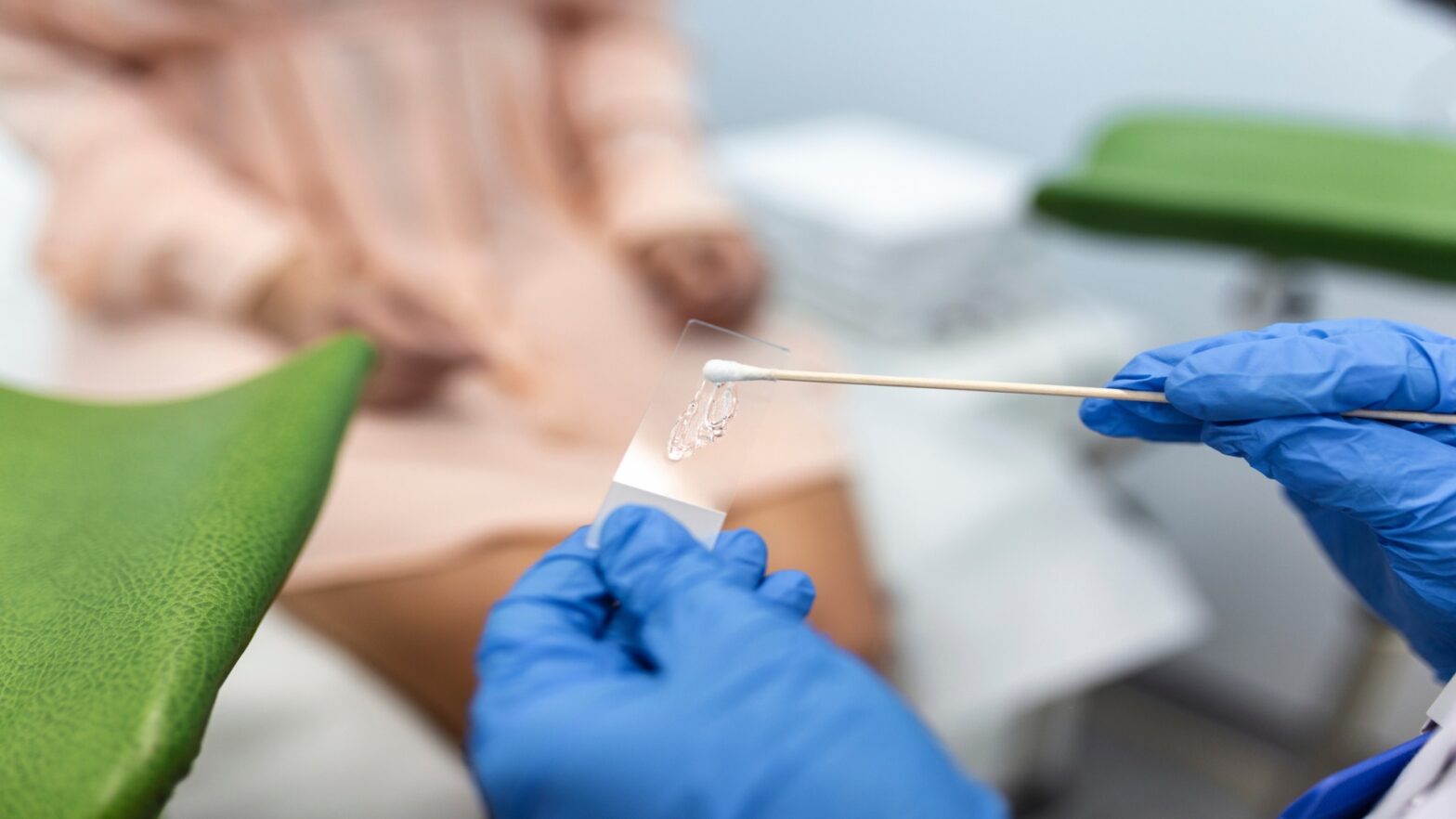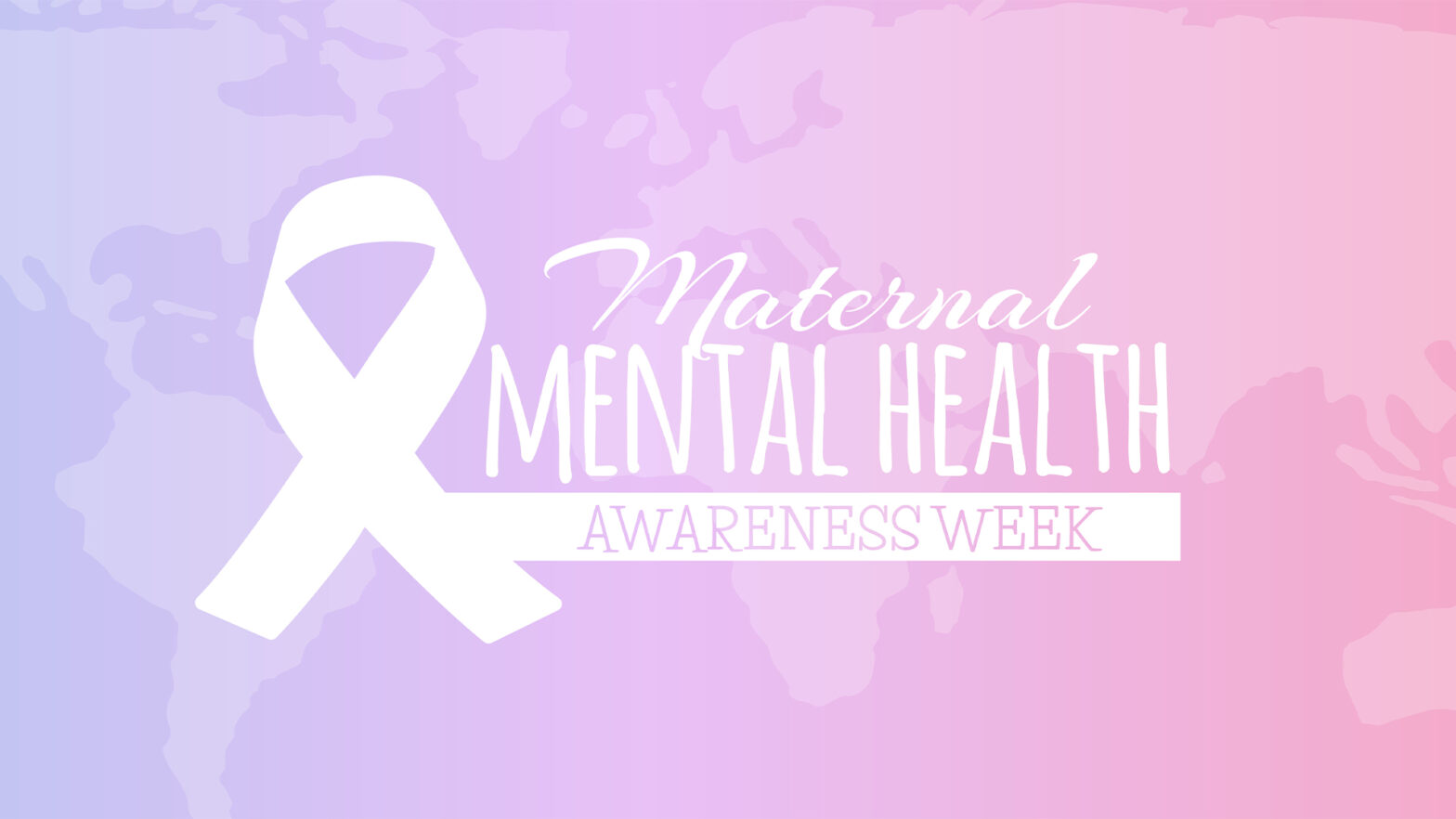Your gut is more than just a place for digesting food. It’s believed to be home to trillions of microorganisms (also called the microbiome) that help with breaking down the food you eat. A great balance of gut microorganisms is what’s considered a healthy gut. Making sure your gut is healthy is important for your general physical and mental health. After all, as they say, you are what you eat.
Over time, the microorganisms in your gut may become unbalanced. If unhealthy bacteria overwhelm the healthy ones, then your health could be at risk. You, therefore, have to reset your gut every once in a while, to keep your health in tip-top shape.
Without further ado, here are some ways to restore your gut health.
1. Go Vegetarian
Research on vegetarian diets and their links to healthy gut flora documents that vegetarians are likely to have more beneficial gut bacteria than meat-eaters. It’s suggested that about six weeks of a vegetarian diet could significantly boost your microbiome health. As such, why not try vegetarian meals to reset your gut health?
It’s suggested that plant-based diets are rich in prebiotics, which could help boost the population of the good bacteria in your gut. This may, in turn, help with your weight maintenance and overall health. Vegetables are also believed to be good for your gut as they give indigestion relief, among other things.
2. Try Probiotics
Restoring your gut health involves posting the number of healthy bacteria in your gut, and probiotics are said to do just that. Probiotics consist of live beneficial bacteria that are found in some food supplements. Some studies have revealed that probiotics can boost the number of healthy microorganisms in the gut, thereby improving intestinal functions in the body.
Probiotics can be found in approved drug stores, health shops, and online platforms. Foods like plain yogurt, sauerkraut, kefir, kimchi, tempeh, and other fermented foods are said to be probiotic-rich. You could try such probiotic foods to reset your gut health. They’re also said to be useful in reducing the risk of gut inflammation and other intestinal problems, like indigestion and heartburn.
3. Take Prebiotic Fiber
Not to be confused with probiotics, yet equally important, are prebiotics. These are non-digestible carbohydrates and fibers which feed the beneficial bacteria in your gut. Eating prebiotic foods may be a great way to help restore your gut health. It’s believed that when you eat prebiotics, you encourage the healthy bacteria to multiply, thereby creating an ideal environment for a well-balanced microbiome.
Food rich in prebiotics include:
- Asparagus
- Whole grains
- Chicory
- Jerusalem artichoke
- Garlic
- Bananas
- Onions
If you thought eating whole grains was lame, this should be a good reason to change your mind.
4. Avoid Eating Sugar
Sugar may taste nice, but it can be hazardous to your gut health. Some experts have suggested that too much sugar can result in an imbalance of gut bacteria. Researchers have also concluded that artificial sweeteners may also cause an increase in bacteria linked with conditions like heart disease and diabetes. To reset your gut health, you may need to stay away from sugar for a bit.
5. Stop Stressing
Have you ever wondered why you either get a bout of diarrhea or the urge to pee when you’re stressed? Stress has always been said to have a negative impact on health, including the gut. When you’re stressed, you could disrupt the healthy bacteria in your gut.
Some studies have revealed that stress increases gut motility and fluid secretion. A few people also said that their usual bowel moments are delayed when they are stressed.
If you want to restore your gut health, therefore, you have to stop stressing. How? You may wonder. Try the following suggested stress reduction techniques:
- Get enough sleep
- Exercise regularly
- Eat healthy food
- Drink enough water
- Do the things you love
- Talk to somebody
6. Don’t Misuse Antibiotics
Antibiotics are useful prescription drugs for dealing with bacterial infections. It may be necessary to take them sometimes when your doctor prescribes their use. Outside of this, it may not be a great idea to take antibiotics when you don’t have to. Apart from it being a recipe for antibiotic resistance by bacteria, overuse is also said to possibly affect even the healthy bacteria in your gut.
However, if you feel you need to reset your gut health, stay clear of antibiotics unless you absolutely have to take them. It’s always wise, after all, to discuss the use of antibiotics with your doctor.
7. Exercise
Physical exercise is said to contribute to your overall health. It’s also believed to help with improved blood circulation and good weight maintenance. These, in turn, could contribute towards a balanced microbiome.
To reset your gut health, therefore, you may need to start exercising. Experts suggest at least 150 hours of physical exercise per week. They also say muscle-strengthening activities at least twice a week may be beneficial to your overall health. Just remember to do it all in moderation.
8. Sleep Well
Experts suggest at least seven hours of sleep for adults per day. They say, when you sleep, you allow your body to replenish and rejuvenate itself. This includes gut activities and flora. As highlighted earlier, lack of adequate sleep is associated with stress, which could negatively impact your gut health.
If, therefore, you are detoxing and rejuvenating your gut health, you could consider getting enough regular sleep.
9. Quit Smoking
Smoking is said to be hazardous to your health. They say when you smoke, you risk getting stomach ulcers and polyps. Ulcers are believed to cause internal stomach bleeding, which can reduce the health of your gut.
If you quit smoking, however, you’ll stand a good chance of improving your gut flora. This, coupled with other healthy habits, could help reset your gut health.
Recap
Your gut is believed to be home to trillions of bacteria which can be good or bad. Good microorganisms are said to help with breaking down the food you eat. The bad bacteria, on the other hand, can have negative effects on your body. If you have too many bad bacteria in your gut, your health will be compromised.
It’s advisable to boost your gut health now and again to keep your overall health on point. Some tips on doing so include taking probiotics and prebiotics, exercising, getting adequate sleep, opting for more vegetables on your diet, quitting smoking, and avoiding stress, antibiotics, as well as sugars.
Remember, you are what you eat. So, let your food be your medicine, and your medicine your food.

















